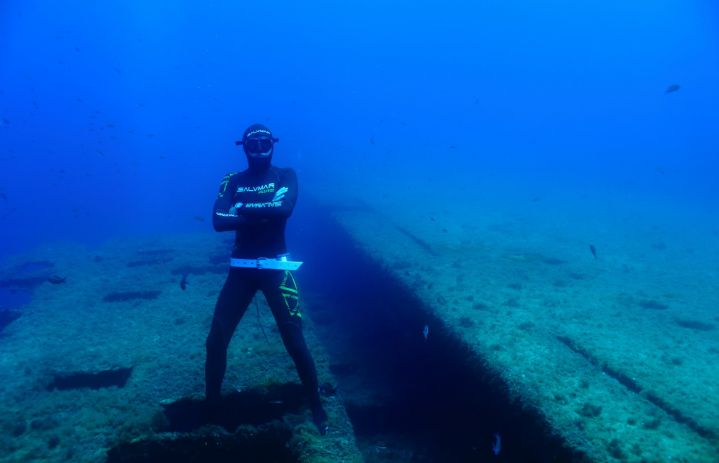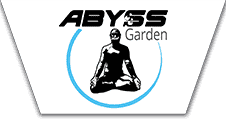3 tips to get back to freediving smoothly

Tip #1: Get your body back on track before resuming snorkeling
If you have not practiced sport for several months, resume a small activity before the high season. The goal is to prepare your body to return to the water and to better tame the effects of depth on your body.
They can take several forms: light running, brisk walks, the treadmill, anything related to aerobics, which helps structure the cardiovascular system and optimizes the vascular system, therefore better use and distribution of O2 in your body
You can combine this with some freediving-specific stretching sessions to recover some muscle elasticity so you can adapt more quickly to the feeling of pressure during your descent. If you have already done a freediving course with us, you have access to technical sheets by logging into your abyss-garden.com account and going to the "online school" section. Specific sheets for stretching are posted there.
Finally, simply start snorkeling again: a few sessions of static apnea on the sofa or in bed will allow you to reconnect with the sensations of hypoxia or hypercapnia: you can perform tables of about 10 apneas of your choice .
Tip number 2: Forget deep snorkeling for your recovery.
Vertical apnea is a work of adaptation and long term. Let's imagine that you have finished the season on a good descent at 40M, it will be impossible and above all dangerous for you to start again on such a depth as soon as you resume.
Start again at shallow depths and gradually increase, especially since at the start of the season the water is often colder and makes apnea more difficult.
You will increase the depth of your freediving session after session once you have recovered from the pleasant sensations.
Remember that slow and controlled progress is guaranteed progress!
Tip number 3 : work on your freediving technique!
The start of the season is made for that. Choose a discipline to work on over several sessions and orient yourself on the different technical aspects to work on to recover automatisms:
- Work on kicking and hydrodynamics in constant weight,
- focus on the regression of propulsion or on effective draws in free immersion,
- or even a session dedicated to bends.
Prepare a small schedule for your upcoming freediving sessions by trying to integrate each technical aspect, it will take you at least 5 sessions. Once these 5 sessions are over, you will have recovered automatisms, you will have reaccustomed your body to the pressure and you will therefore be able to gradually increase your depth and direct your new lines of work in order to be ready during the beautiful season!
Finally, never forget that freediving is a sport of adaptation. Not practicing apnea for a while is comparable to not running for a long time: you will not start again with a marathon but rather run short distances at a cruising pace and increase the intensity little by little. It's the same thing in apnea, give your body time to get used to it and regain its bearings. Haste is the enemy of progress and especially in apnea. So take out your best suit and enjoy this magnificent sport after a well-deserved break!
Our apnea center welcomes you now for a smooth resumption of your apnea training. You can choose a freediving course for guaranteed progress from the end of April. All the dates are online, you can choose your course according to your level of apnea: click here!

